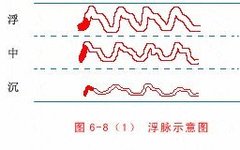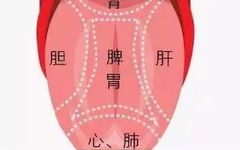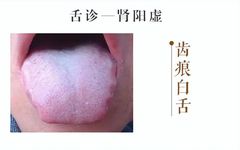Understanding the Fine Pulse: What Does It Mean?
Hello, I am a practitioner of Traditional Chinese Medicine, Wen Junran. Welcome to today’s “Classical Clarifications”. We continue our discussion on pulses. What shall we talk about? Let’s discuss the fine pulse. The so-called fine pulse, as the name suggests, is a pulse that is particularly thin, resembling a thread. Do you have a thread … Read more









